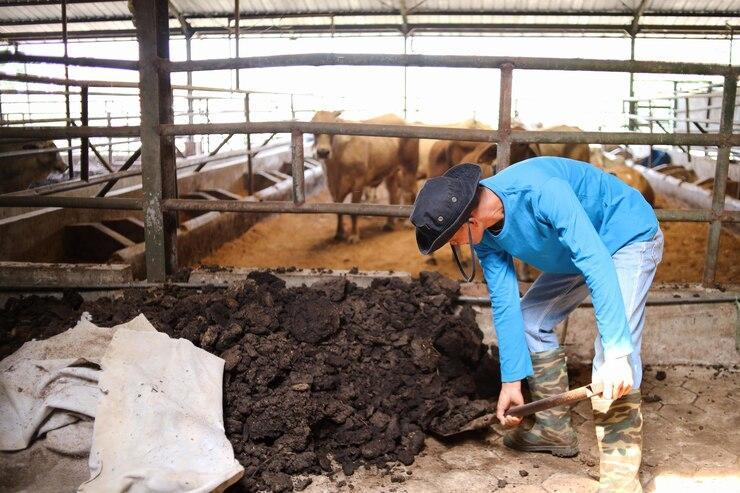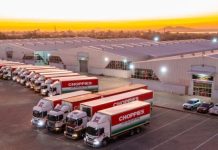Africa-Press – Botswana. Botswana’s agricultural sector relies heavily on both crop and livestock farming. With a large cattle population, the country produces significant quantities of manure that often go underutilized. Transforming cattle manure into organic fertilizer presents an opportunity to improve soil health, increase crop yields, reduce reliance on chemical fertilizers, and promote sustainable farming practices. This article explores the process of producing organic fertilizer from cattle manure, its benefits, and practical steps for farmers and entrepreneurs in Botswana.
Benefits of Organic Fertilizers
Organic fertilizers derived from cattle manure have multiple advantages:
Improved soil fertility: They provide essential nutrients such as nitrogen, phosphorus, and potassium in natural form.
Enhanced soil structure: Organic matter improves water retention, aeration, and microbial activity.
Cost-effective: Farmers can reduce dependence on imported chemical fertilizers.
Environmentally friendly: Using manure prevents runoff of nutrients into waterways and reduces greenhouse gas emissions.
Collection and Preparation of Manure
The first step in producing organic fertilizer is collecting fresh cattle manure. It is important to:
Collect manure regularly to prevent nutrient loss.
Remove contaminants such as stones, bedding material, and debris.
Store manure in a shaded, ventilated area to prevent excessive moisture and nutrient leaching.
Composting Process
Composting transforms raw manure into stable, nutrient-rich organic fertilizer. The process involves:
Layering: Mix cattle manure with dry materials such as crop residues, sawdust, or straw to balance moisture and carbon-to-nitrogen ratio.
Moisture control: Keep the pile damp but not soggy, maintaining about 50–60% moisture content.
Aeration: Turn the pile regularly to supply oxygen, prevent odor, and accelerate decomposition.
Maturation: Allow the compost to decompose for 8–12 weeks. Finished compost should be dark brown, crumbly, and free of foul odors.
Processing and Packaging
Once the compost has matured, it can be processed further:
Screening: Remove large, undecomposed particles to achieve uniform texture.
Bagging: Pack the organic fertilizer in breathable bags to maintain moisture balance.
Labeling: Include nutrient content, usage instructions, and production date. Proper packaging enhances marketability and farmer confidence.
Application of Organic Fertilizer
Organic fertilizers can be applied to a wide range of crops:
Cereal crops: Maize, sorghum, and millet benefit from improved soil fertility.
Vegetables: Leafy vegetables and root crops show increased growth and yield.
Orchards and gardens: Fruit trees and ornamental plants respond well to nutrient-rich compost.
Farmers should apply the fertilizer at the recommended rates, usually before planting or as a top dressing during growth stages.
Economic and Environmental Opportunities
Producing organic fertilizer from cattle manure can create income streams for small-scale farmers and entrepreneurs. It reduces waste management challenges while promoting sustainable agriculture. Communities can establish cooperatives to collect manure, produce fertilizer in bulk, and supply local markets. This not only improves farm productivity but also contributes to environmental conservation.
Challenges and Solutions
Some challenges include:
Odor and pest management: Proper composting and covering can reduce smells and deter flies.
Consistency of nutrient content: Testing compost batches ensures reliable fertilizer quality.
Market awareness: Educating farmers on the benefits of organic fertilizers encourages adoption.
Cattle manure is an abundant, renewable resource in Botswana that can be transformed into high-quality organic fertilizer. By following proper collection, composting, and processing techniques, farmers and entrepreneurs can produce sustainable fertilizer that enhances soil fertility, reduces reliance on chemicals, and generates income. Investing in organic fertilizer production supports Botswana’s agricultural sustainability and strengthens the link between livestock and crop production, providing long-term economic and environmental benefits.
For More News And Analysis About Botswana Follow Africa-Press






